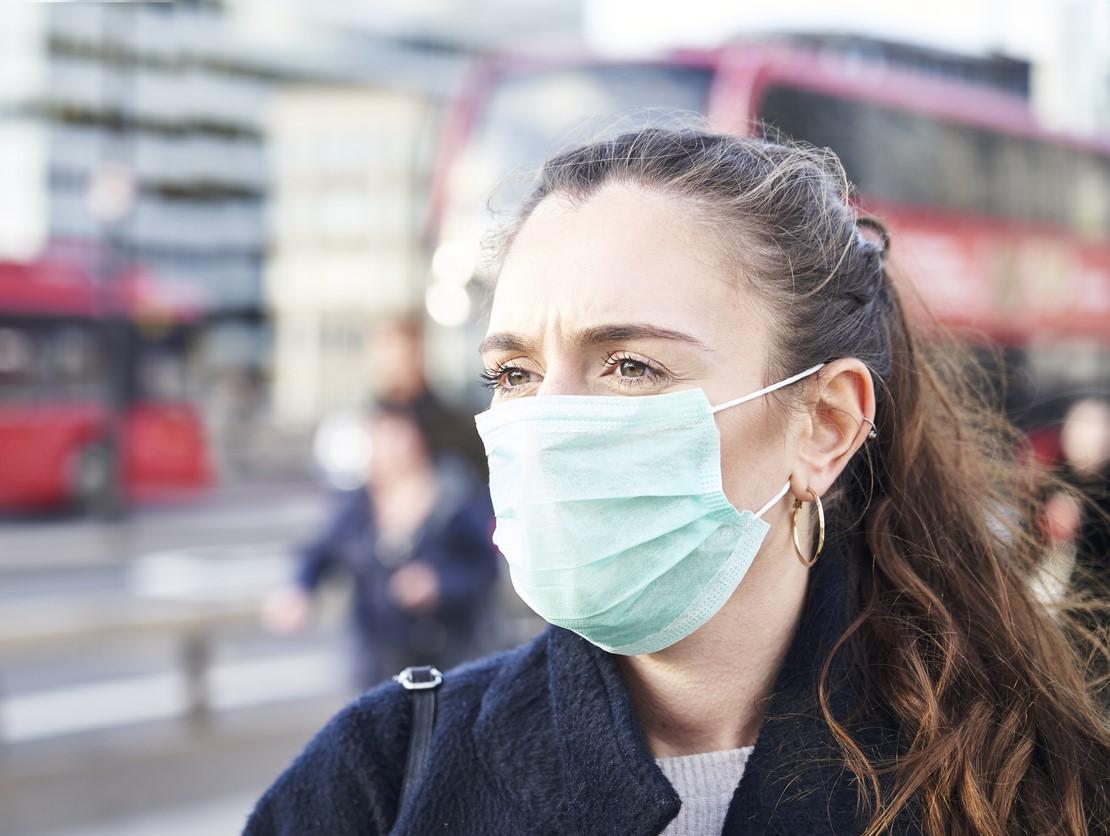France today eased part of its ban on travel from England, a move prompted by the discovery of a rapidly spreading variant of the coronavirus in the United Kingdom.
France was among roughly 50 countries that imposed travel restrictions with the United Kingdom amid concern over the variant (see related CIDRAP News story). The French travel ban created huge backups of cargo trucks waiting to board ferries to France at the Port of Dover.
Under an agreement with the English government, truck drivers, French citizens, and British nationals living in France are allowed to travel to France from England if they've tested negative for coronavirus less than 72 hours before departure, the BBC reports. National Health Service staff have been deployed to the port to test thousands of truck drivers.
The tests being deployed are rapid lateral flow tests, which can return results in 30 minutes. Public Health England said today that the tests can detect Variant Under Investigation (VUI) 202012/01, which has been spreading rapidly in Southeast and East England in recent weeks and is believed to be more transmissible.
England reported 39,237 new COVID-19 cases today, a record high, according to government figures. The number of new infections reported over the past 7 days is 61% higher than the previous week. Concerns about the new variant and the country's rising case count prompted UK health officials to impose tier 4 restrictions—the nation's strictest coronavirus measures—on additional regions East and Southeast England, according to the BBC.
Continued rise in global cases, deaths
In its weekly COVID-19 epidemiologic update, published yesterday, the World Health Organization (WHO) highlighted the identification of VUI 202012/01 in England, noting that it may spread more rapidly than other strains. The WHO said investigations are under way to determine whether the variant causes more severe infection or affects antibody response or vaccine efficacy.
The WHO weekly report also showed that global COVID-19 cases and deaths continue their rise, climbing by 6% and 4%, respectively, during the week that ended Dec 20. The Americas region reported the greatest proportion of new infections, with more than 2.3 million, while Europe reported the most new deaths (36,286).
Despite most countries in the region being in some form of lockdown over the Christmas and New Year holidays, Europe again saw a small increase (2%) in COVID-19 cases from the previous week, following several weeks of declines in November. More than a third of all new European cases came from Turkey, Russia, and Germany. Italy reported the most COVID-19 deaths over the week, with 4,411.
Although new cases in the Americas are largely being driven by the United States, Brazil, Colombia, Mexico, and Canada are also contributing significant numbers of new infections. And Argentina and Panama saw new cases climb by 21% and 31%, respectively, over the past week.
The region that experienced the sharpest increase in new COVID cases and deaths over the past week is Africa, which saw new cases climb by 27% and virus-related deaths by 34%. South Africa reported the most new cases in the region, 59,512. The country has also detected a new coronavirus variant that's believed to be more transmissible. South Africa's surge has been concentrated in four provinces—Gauteng, Western Cape, Eastern Cape, and KwaZulu Natal—and has prompted new stay-at-home orders.
Other African countries reporting an increase in new COVID-19 cases are Nigeria, Ethiopia, Kenya, and Uganda.





















